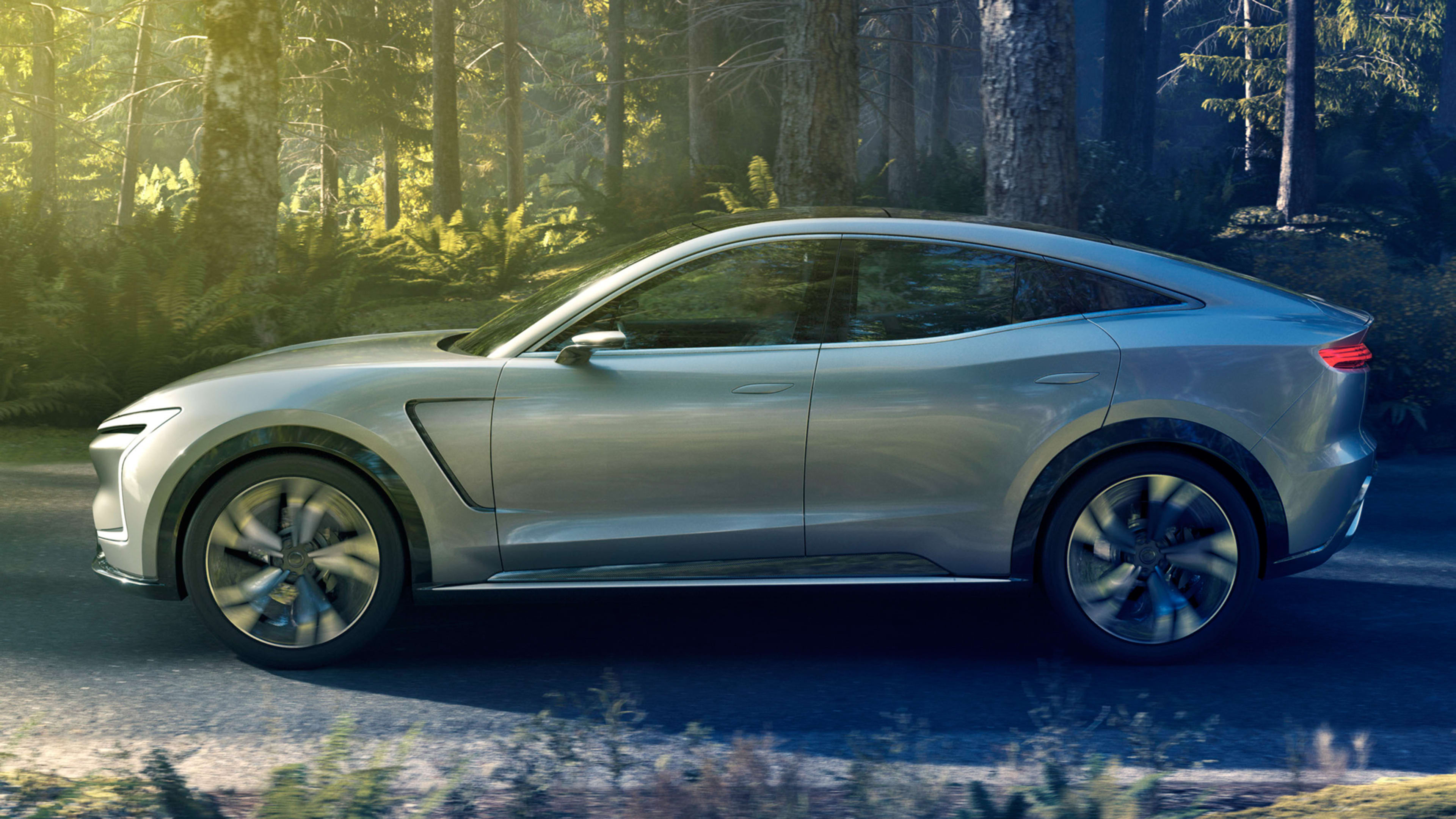Americans love sport utility vehicles (SUVs) and their little siblings, crossovers. They made up 42% of U.S. auto sales in 2017, increasing as traditional car sales drop. But aside from the Tesla Model X, typical electric vehicles have been either luxury sedans like the Model S or small cars like the Chevy Bolt and Nissan Leaf. Now SF Motors, backed by China’s Sokon Industry Group, is emerging from semi-stealth. The company unveiled two high-powered electric SUVs called the SF5 and SF7 at its Silicon Valley HQ.
Only a few hours until our livestream. ⏲️We’re almost ready to show you all of the cool things we’ve been working on. https://t.co/eU9F2STxmK #SFMotors #Livestream pic.twitter.com/25vSieMYqa
— SERES Electric Powertrain Systems (@SERESeps) March 28, 2018
It’s a fitting debut for CEO John Zhang, whose family owns Sokon and who claims a love of both SUVs and “extreme sports cars.” Zhang hasn’t yet named the price of the company’s first vehicles, which he aims to begin delivering with the SF5 in 2019, other than to say they will be “premium” models. With four electric motors producing a total of 1,000 horsepower, the SUVs will accelerate from zero to 60 miles per hour in less than three seconds, he promises. (The Tesla Model X gets there in 2.9 seconds.) Range will match rival Tesla’s 300 miles per charge standard. (Tesla cofounder Martin Eberhard is now SF Motors’s chief strategy officer.)
By 2020, Zhang intends to include a part-time self-driving mode called “protective autonomy,” which recommends when it’s safe to go hands-free. “By monitoring both the inside for the driver and the outside for the traffic conditions, [it can] help the driver make a wiser, better decision where and when to actually engage autonomous driving,” he says. Autonomy might be disabled in very bad traffic or weather, for instance. SF Motors is collaborating with autonomous driving research projects such as the University of Michigan’s of Mcity Test Facility, sharing data with other carmakers. The company also does research in China, which has different concepts of “normal” driving—like detouring onto the sidewalk to get past a traffic jam, says Zhang. “Some of the algorithms we develop [in the U.S.] do not apply to the Chinese conditions,” he explains.
Recognize your brand’s excellence by applying to this year’s Brands That Matter Awards before the early-rate deadline, May 3.
